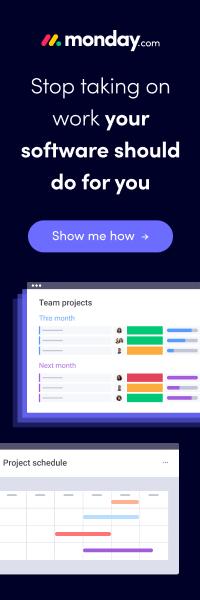Remote work has become increasingly popular in recent years, and the COVID-19 pandemic accelerated this trend further. Today, millions of people work remotely full-time or part-time, and it’s become more of a standard rather than the exception – as it used to be – in many industries. While remote work does allow for the drastic streamlining and optimization of many everyday processes at work and has the potential to free up loads of free time for workers, it’s important to note that these are not automatically given. In order for individuals and businesses to reap all the benefits a remote or hybrid setup has to offer, the environment must check a series of criteria.
You Need More Than Your Laptop and a Hotspot
Remote workers need access to a variety of resources just to do their work. Beyond the obvious internet access (which, itself, must be readily available if one wants to truly enjoy mobility, and provide enough bandwidth at least for Zoom calls, not to mention more resource-heavy tasks), a work environment must be healthy, comfortable, and offer distraction-free zones as well as opportunities for collaboration. But, arguably, the really important considerations come after the work is over. After all, the costs might far outweigh the benefits if access to a decent workspace requires precious time spent in traffic, or the wider environment doesn’t offer ample opportunities for relaxation and meaningful social interaction, or high cost of living demands heavy financial sacrifices.
A Handy Shortlist: Recent Study Ranks the Best Cities for Remote Work
If all this made you wonder where exactly one would find the most conducive environment for remote work, you’ll be glad to find someone else has already done the legwork. A recent CoworkingCafe study ranked some of the large U.S. cities (upwards of 200,000 residents) based on a complex scoring system, including:
- Remote Work Score – considering the share of remote workers in a city and the density of coworking spaces compared to the population;
- Economy Score – focusing on income and cost of living metrics, as well as the unemployment rate;
- Connectivity Score – analyzing the availability of broadband internet connections, public Wi-Fi hotspots and average Internet speed;
Infrastructure Score – evaluating the walkability of the city, accessibility via air travel (for jobs that require a low frequency of visits) and the availability of entertainment establishments.
Here are the top 10 cities for remote work in 2023, according to the CoworkingCafe study. Tap or hover your pointer over the cities to see their overall rank and their performance breakdown:

Atlanta: The Best City for Remote Workers in 2023
Atlanta emerged as the clear winner, but the wider South-Atlantic region was also well-represented in the top with Arlington, Virginia and Washington, D.C. also ranking highly. Not to be outdone, the West Coast was also prominent with Seattle in second place and San Francisco hot on the heels of Washington, D.C. The remaining cities in the top 10 were spread evenly across the Western, Southern, Midwestern, and Northeastern regions.
Atlanta earned its top spot with an impressive 72.3 points out of a possible 100. Its success was due to several factors, including a thriving telecommuting culture with nearly 30% of its workforce working remotely, a record-breaking 679 entertainment establishments per 100,000 residents, and robust infrastructure support for flexible work with 22 Atlanta coworking spaces per 100,000 residents (the highest density in the nation). The city also has an abundance of public Wi-Fi hotspots (30 per 100,000 residents), further boosting its appeal for remote workers.
Infrastructure Remains Crucial in the Age of Remote Work
In spite of the decentralized nature of remote work, infrastructure plays a role just as essential as in the classic commuting model, only with certain shifts. While the commuting aspect gets less important – or at least shows up in an entirely different light – the availability and reliability of internet access becomes paramount, and after-hours activities also gain more spotlight as workers spend less time on the road and regain control of their time.
While remote work is often portrayed as something that only requires a laptop, a Wi-Fi connection and your skills, it looks like it’s more complex than that after all – in order to truly enjoy its benefits, it’s actually more important than ever to have reliable infrastructure, a stable economy, and a vibrant community to enjoy outside of work.















